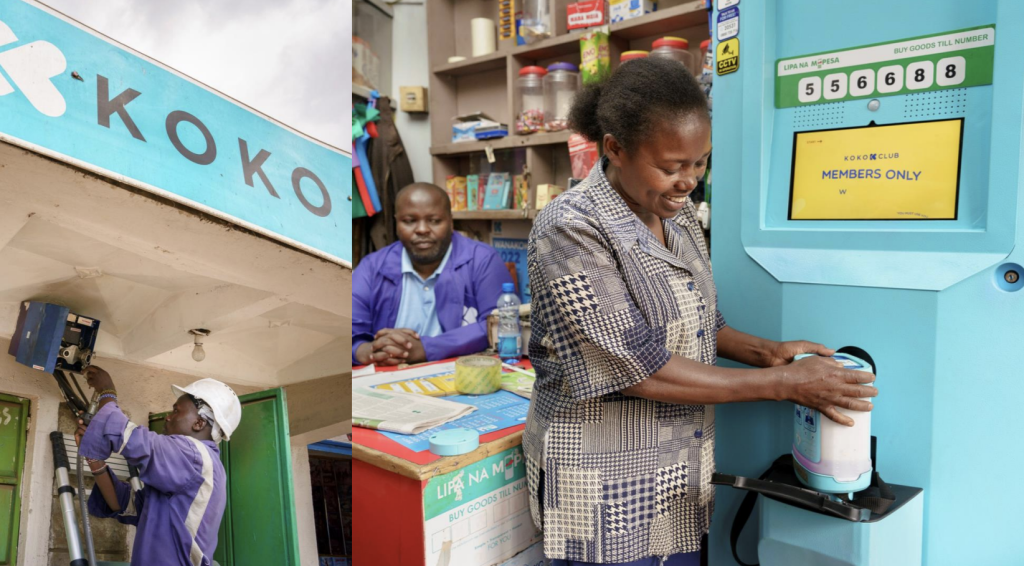South African crypto exchange Luno is retrenching 35% of its global workforce, with CEO Marcus Swanepoel citing dwindling growth and revenue numbers as the main reason for the cuts.
“2022 has been an incredibly tough year for the broader tech industry, and in particular the crypto market…as a result, we have to readjust our focus to maintaining our leadership position in our core markets, and continue to lay a strong yet sustainable foundation for the business as we prepare to come out of this current cycle in a very strong position,” Swanepoel said.
Swanepoel also made assurances that customer funds were safe despite the company’s troubles, stating that “…I believe it’s also important to reiterate to everyone that customer funds are safe and operations continue as normal despite these very challenging circumstances.”
According to CNBC, the layoffs will affect marketing staff. The cuts will have “minimal or no impact on key operating and compliance teams,” according to Luno. The company will also be scaling back its U.S. and Australia operations.
Founded in South Africa in 2013, Luno was acquired by the now troubled Digital Currency Group (DCG) crypto conglomerate in 2020, in a deal which was meant to accelerate the exchange’s global footprint. Luno currently boasts 10 million customers in 40 markets.
Swanepoel further added that although the company “anticipated a downturn and proactively planned ahead with a business and funding model that can be resilient to some of these factors”, the pace at which these factors have occurred have rendered Luno unable to cope.
“What this means in practice is that in addition to streamlining our strategy to focus on our core strengths, we need to also substantially decrease our cost base – which includes employee headcount in all of our markets – in order for us to be set up for success going forward,” he added.
With a total headcount of 960 across multiple operations in Africa, southeast Asia, and Europe, Luno’s cuts will affect about 330 staff. Luno cofounder and CTO Timothy Stranex also resigned in December after a decade with the company.















